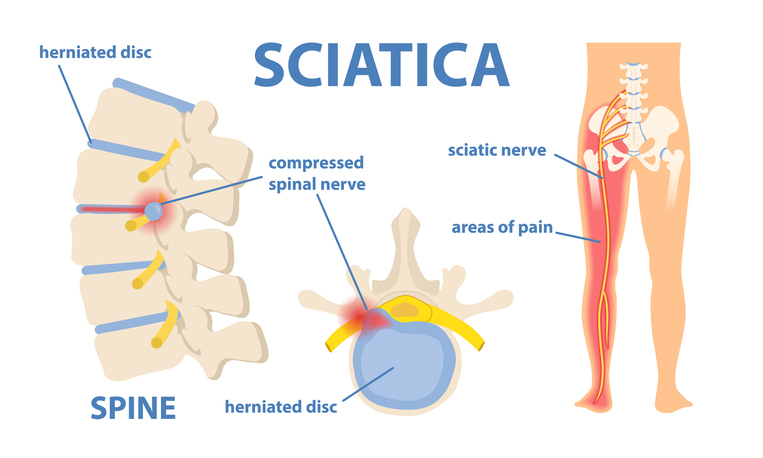Pain
Alternative and Complementary Treatments for Lumbar Radiculopathy

160 people found this helpful
Print
Share
Save
What is lumbar radiculopathy?
Radiculopathy is the medical term for symptoms caused by irritation or compression of one or more spinal nerve roots. Spinal nerve roots connect the spinal cord with the nerves that supply sensation and motor function to the rest of the body.
Alternative and complementary treatments for lumbar radiculopathy
In addition to conventional medical treatment for lumbar radiculopathy, alternative and complementary treatment options may help ease the impact of lumbar radiculopathy. These include the following:
- Spinal manipulation, or spinal manipulative therapy, involves a therapeutic movement of the spine by a chiropractor. A sudden thrust is made to a spinal joint located between two vertebrae. It can improve range of motion, reduce nerve irritability, and improve physical function.
- Acupuncture is part of Traditional Chinese Medicine that inserts tiny, fine needles along points on the body that connect to the meridians of the part of the body which is injured or hurt. Acupuncture may stimulate nerves, muscles, and connective tissue in order to promote healing.
- Massage therapy can help reduce muscle tension, pain, and stress. It also relieves muscle spasms and promotes healing. A trained and certified professional manipulates soft tissues, including muscles, tendons, and ligaments, with varying degrees of pressure.
- Mindful meditation, or mindfulness, involves using certain skills (e.g., guided imagery, meditation, journaling, breathing exercises, etc.) to focus on the present and observe inner thoughts and feelings without judgment. The goal is to promote relaxation, improve mental clarity, and manage stress, which can reduce pain symptoms.
- Biofeedback is a technique in which a person learns to control specific bodily functions, such as heart rate, breathing, muscle contractions, and brainwaves. It can help an individual learn to relax muscles or reduce pain. Biofeedback is based on the idea that the mind can influence body functions that are not generally under one's conscious control.


















